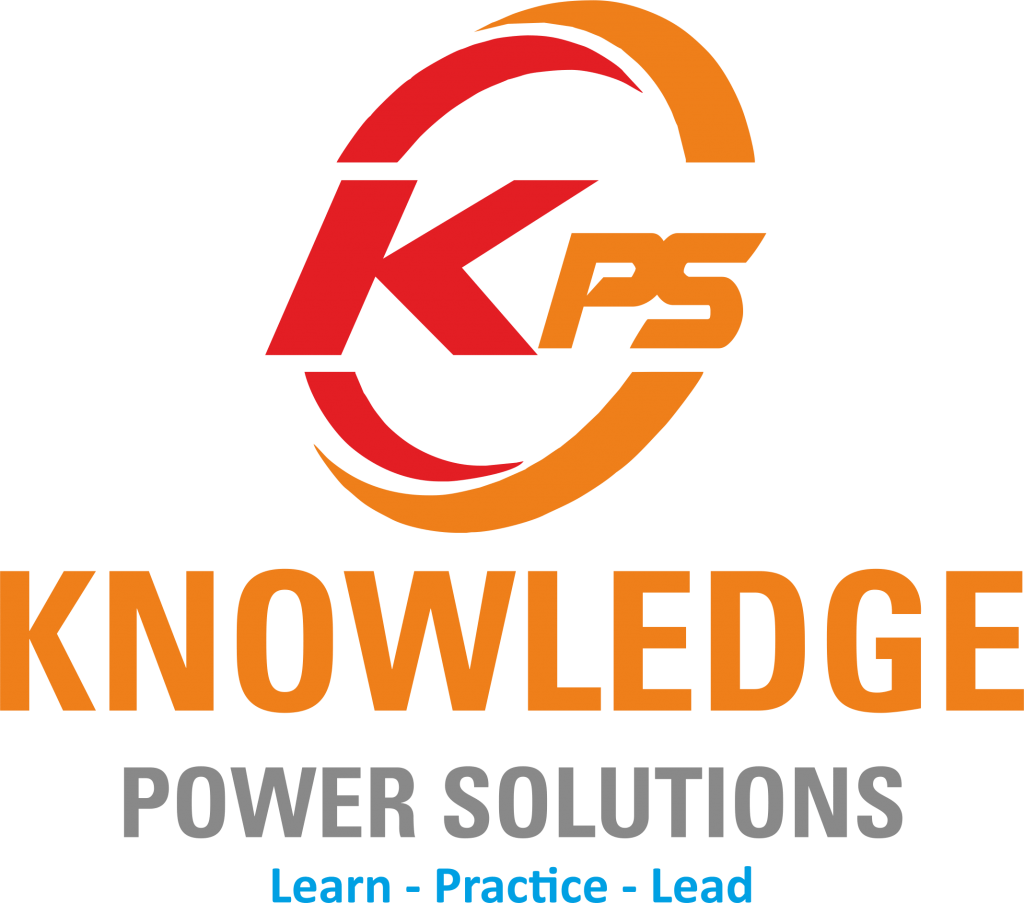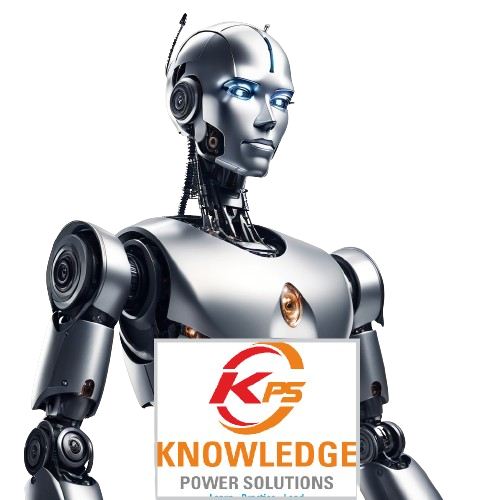Introduction
Artificial Intelligence (AI) has become an integral part of our lives, revolutionizing various industries such as healthcare, finance, and transportation. As AI continues to advance, businesses are increasingly looking to build their own AI platforms to harness its potential and gain a competitive edge. However, building an AI platform can be a complex and challenging task.
The Need for a Framework
To successfully build an AI platform, organizations need a well-defined framework that provides guidance and structure throughout the development process. A framework helps streamline the development process, ensures scalability, and promotes consistent and efficient implementation of AI technologies.
Key Components of an AI Platform Framework
1. Data Strategy: A robust data strategy is critical for building an AI platform. It involves identifying and collecting relevant data, ensuring data quality and integrity, and implementing data governance practices. A comprehensive data strategy lays the foundation for accurate and reliable AI models.
2. Infrastructure: An AI platform requires a scalable and reliable infrastructure to handle the computational and storage demands of AI workloads. This includes cloud-based services, high-performance computing resources, and data storage solutions. The infrastructure should be flexible enough to accommodate future growth and advancements in AI technologies.
3. AI Model Development: The heart of an AI platform lies in the development of AI models. This involves selecting the appropriate algorithms, training and fine-tuning the models, and evaluating their performance. A framework should provide guidelines for model development, including best practices for feature engineering, hyperparameter tuning, and model evaluation.
4. Model Deployment and Monitoring: Once AI models are developed, they need to be deployed in a production environment. This involves integrating the models into existing systems, ensuring scalability and reliability, and monitoring their performance in real-time. A framework should address the challenges of model deployment, such as version control, monitoring, and error handling.
5. Security and Privacy: AI platforms handle sensitive data, making security and privacy crucial considerations. A framework should include measures to protect data confidentiality, prevent unauthorized access, and comply with relevant regulations. This may involve implementing encryption, access controls, and data anonymization techniques.
6. Continuous Improvement: AI models and platforms are not static; they require continuous improvement to adapt to changing business needs and evolving AI technologies. A framework should incorporate mechanisms for feedback collection, model retraining, and performance monitoring to ensure ongoing optimization and enhancement of the AI platform.
Benefits of Using an AI Platform Framework
Adopting a framework for building AI platforms offers several benefits:
1. Efficiency: A framework provides a structured approach, reducing development time and effort. It helps teams focus on critical aspects of AI platform development and ensures consistent implementation of best practices.
2. Scalability: A well-defined framework enables organizations to scale their AI platforms as the demand for AI capabilities grows. It allows for seamless integration of new algorithms, data sources, and technologies without disrupting existing systems.
3. Reliability: By following a framework, organizations can ensure the reliability and robustness of their AI platforms. It promotes standardization and quality control, minimizing the risk of errors and ensuring consistent performance.
4. Security and Compliance: An AI platform framework incorporates security and privacy measures, helping organizations meet regulatory requirements and protect sensitive data. It mitigates the risk of data breaches and safeguards the reputation of the organization.
5. Continuous Improvement: A framework facilitates ongoing optimization and enhancement of AI platforms. It enables organizations to adapt to changing business needs, incorporate user feedback, and stay ahead of the competition.
Conclusion
Building an AI platform requires a well-defined framework that addresses key components such as data strategy, infrastructure, model development, deployment and monitoring, security and privacy, and continuous improvement. By adopting a framework, organizations can streamline the development process, ensure scalability and reliability, and maximize the potential of AI technologies. Investing in a robust framework is crucial for organizations looking to build their own AI platforms and stay competitive in the rapidly evolving AI landscape.





